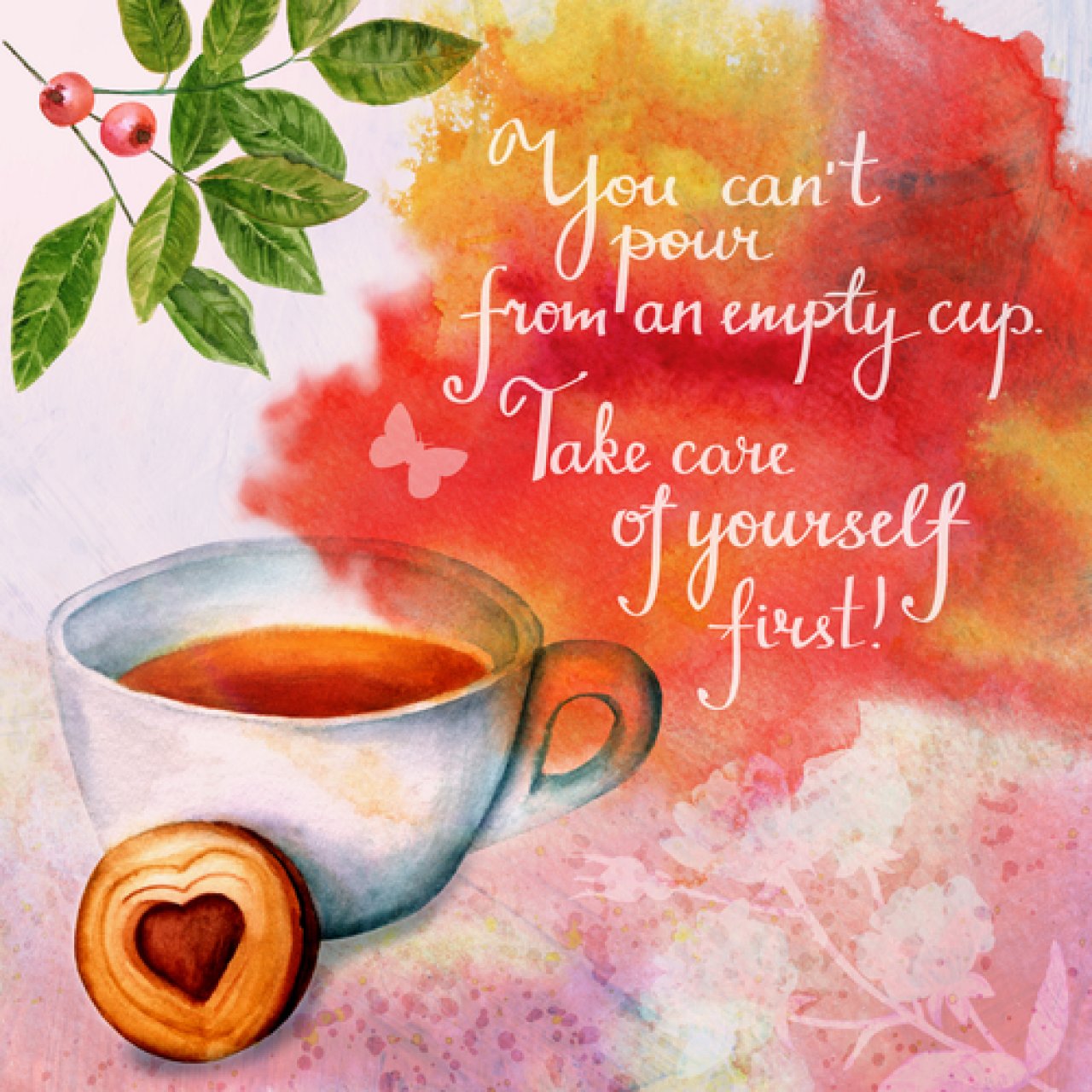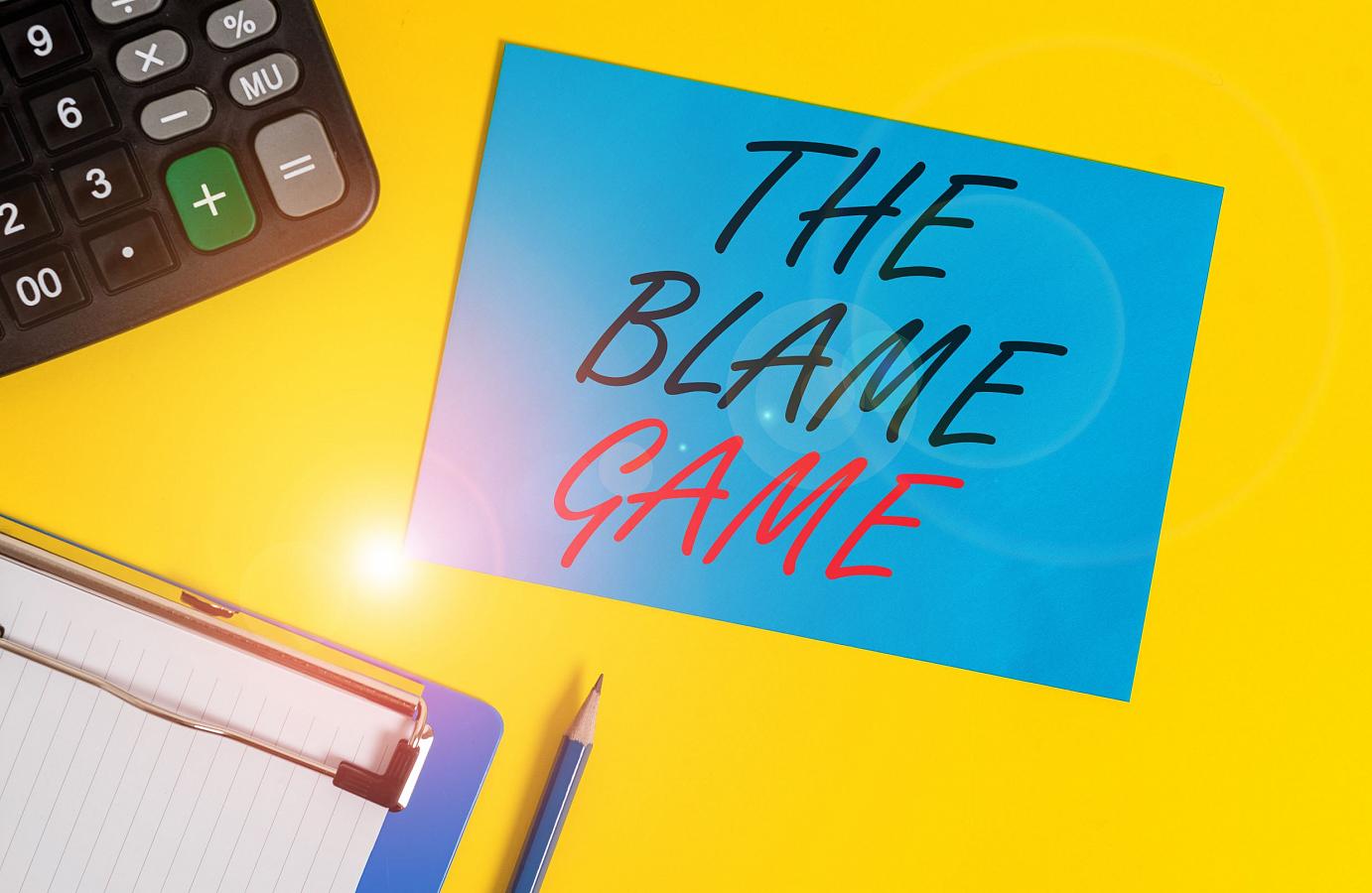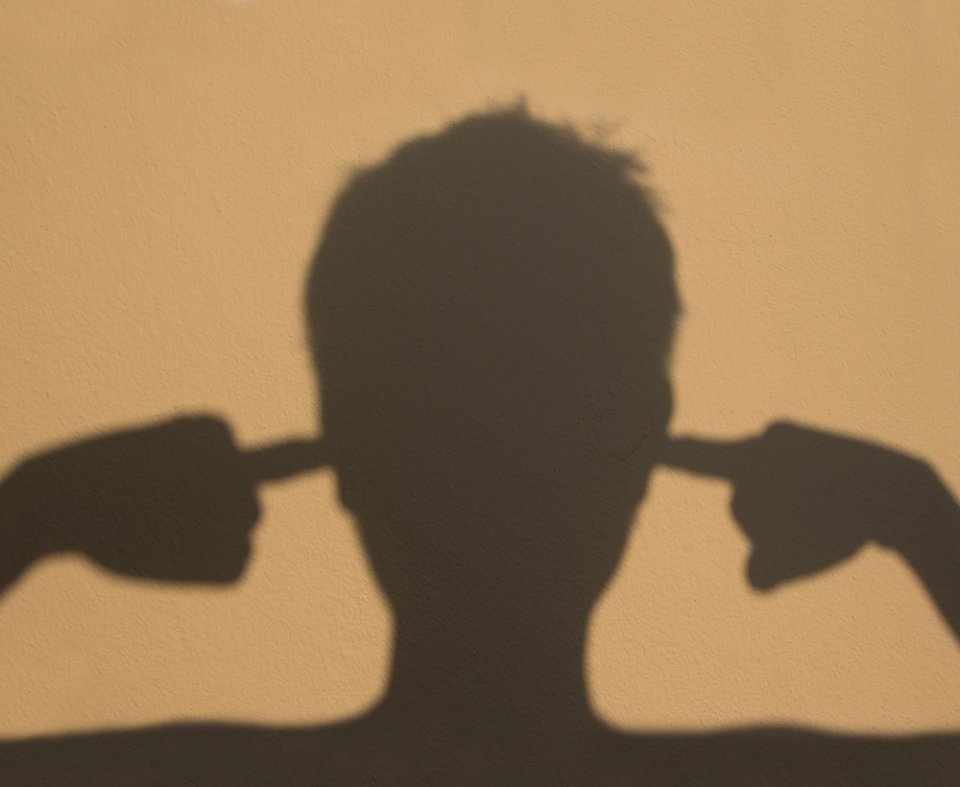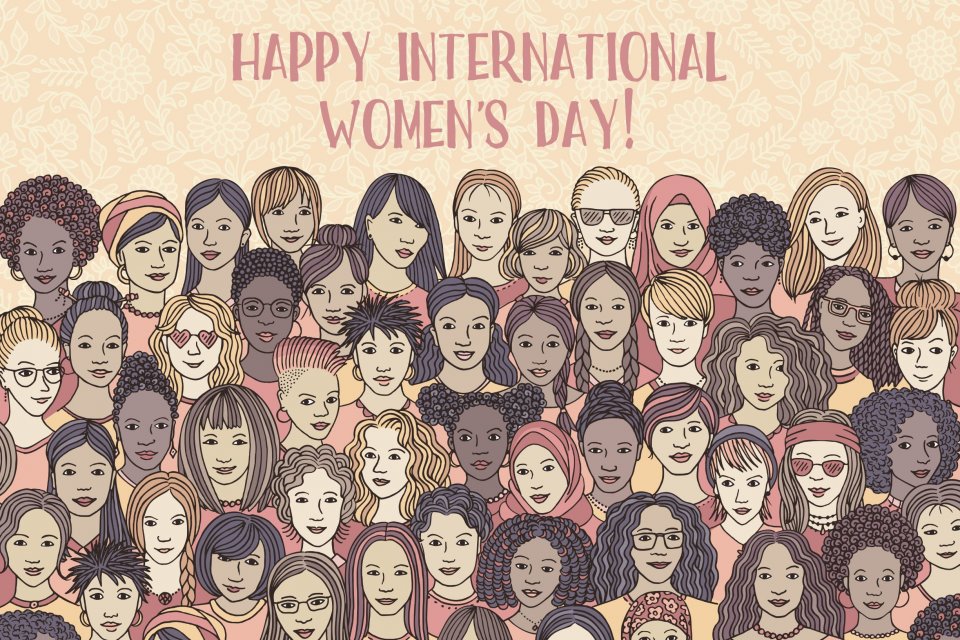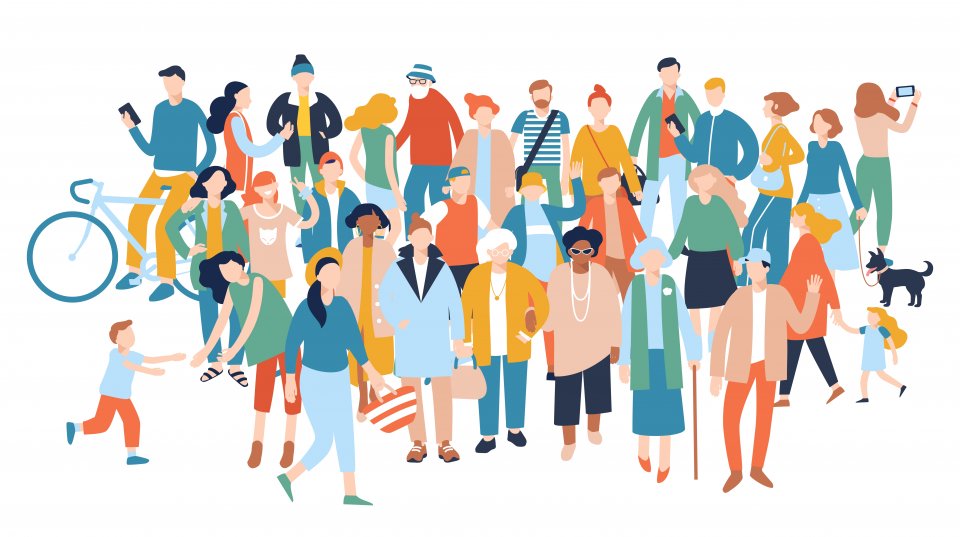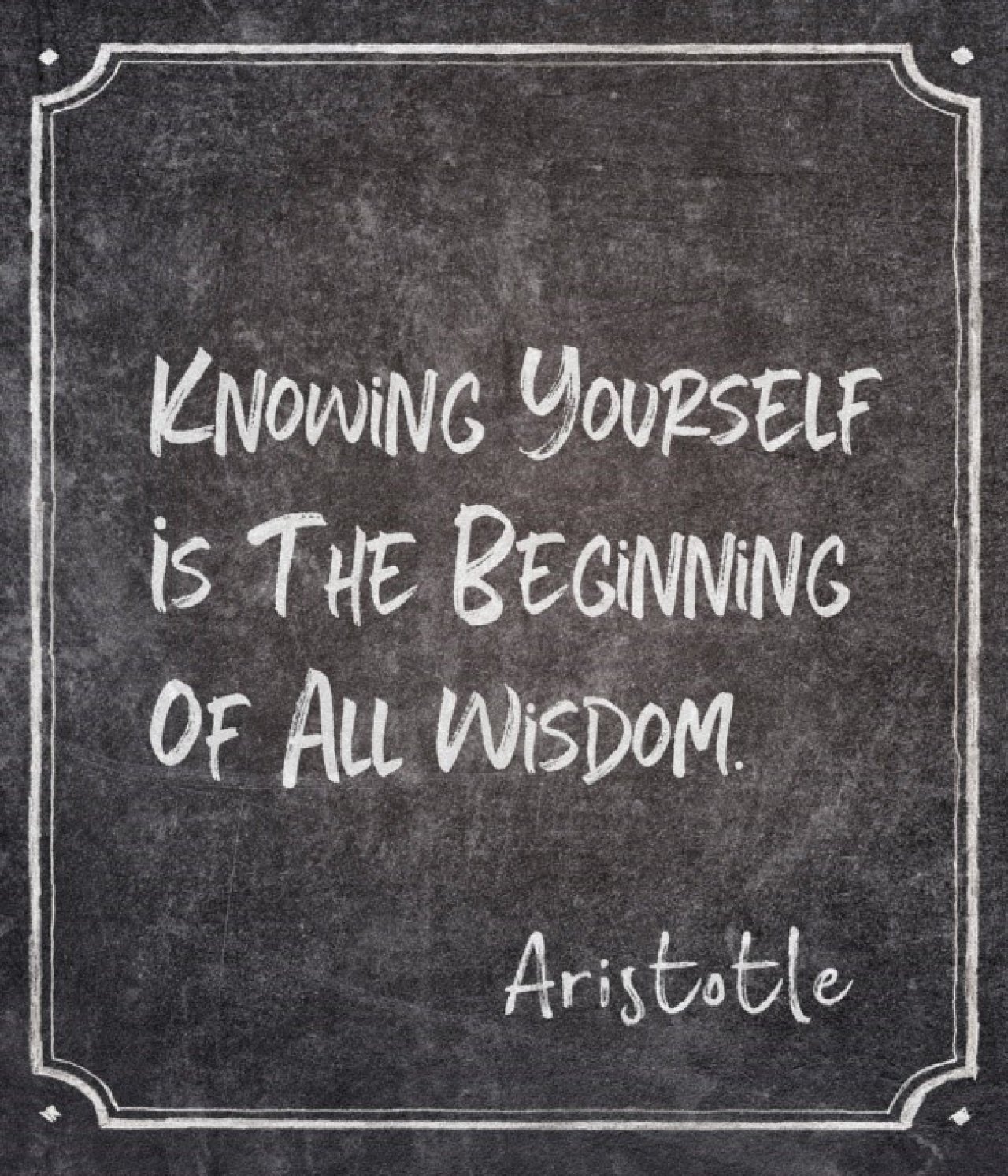
The Fatigue Of Sameness
Knowing yourself is the beginning of all wisdom (Aristotle).
Does every day feel like the day before? Does every teleconference or Zoom call feel more draining than the previous one? Do you just feel like staying in your pyjamas some days, watching Netflix, and eating junk food, because it seems easier? Do you miss boundaries and routines for work vs home? Do you miss some of your workplace rituals? Do you find yourself missing even your most annoying colleagues at work? Do you miss planning and going on holidays? Are you constantly worrying about family and friends living in countries where COVID is still not under control? Are you tired of empty promises and inaction by political leaders? Do you lack energy and motivation? Are you just tired – all the time?
If this resonates with you, then I understand, because “me too”. You are suffering from what I am calling “the fatigue of sameness!” Fatigue is defined as extreme tiredness from mental and/or physical exertion, lack of energy; and sameness is defined as lack of variety, or monotony. Sound familiar? Our fatigue is being caused by sleep deprivation, heavier workloads, stress, burnout, too much food and alcohol, lack of professional/personal boundaries and boredom. For many, working from home has not delivered what we expected!
I recognise that I am fortunate to continue doing work that I love with clients I enjoy working with and respect, but I actually miss the variety of face-to-face interactions, and sometimes (not often though) I miss hoping on a plane to work in another location. I do not miss hotels, being stuck in traffic in major cities, and airline food, but I do miss the buzz of daily life in all its manifestations and with all its challenges.
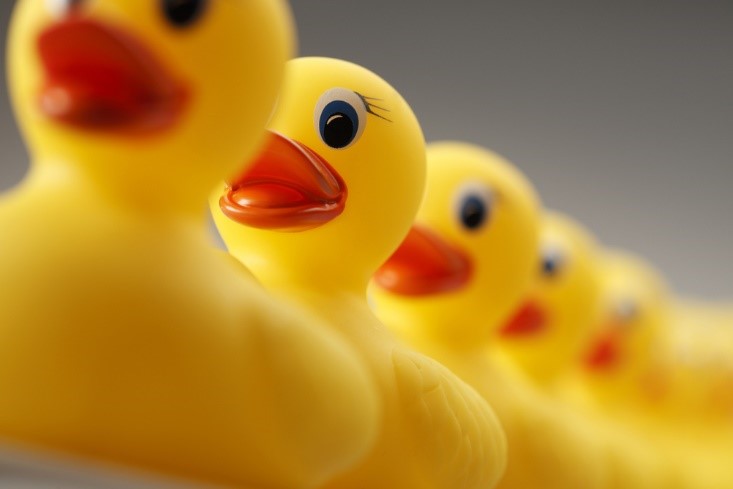
Sameness means we all get dressed for our daily Zoom calls from the waist up, and below the waist we would see a mishmash of pyjama pants, track suits, fancy leisure wear and board shorts. I get excited about getting dressed from head-to-toe as we have re-commenced in-person workshops in Canberra. I love the energy in a room with people wanting to connect, learn, share, and explore new ideas.
Sameness finds me reliving my favourite holidays, overseas trips, live music festivals, concerts, and I feel frustrated with the monotony of life and work at present. I feel like “it is never going to end,” certainly not any time soon. So, what can we do?
We need to break the sameness cycles.
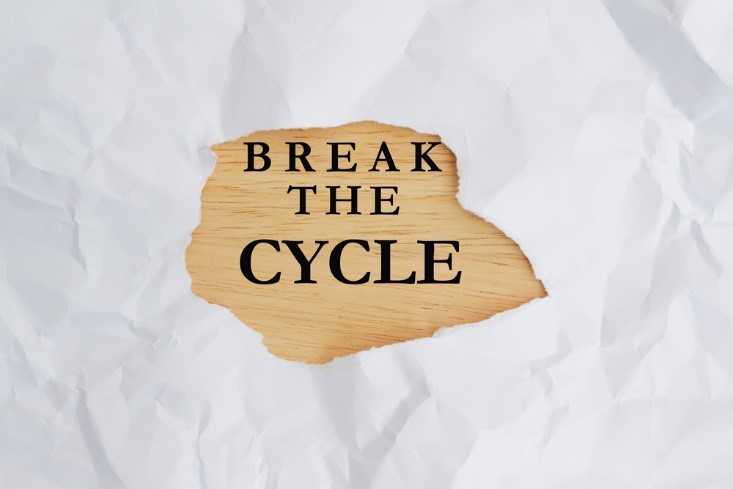
As an individual, I believe we should focus on:
- Self-care as it is critical for survival
Self- care steps that may be helpful in some less- serious cases:
- Get enough sleep
- Keep in touch! Make time and catch up with friends & family, talk to someone every day
- Have a healthy diet, eating fresh and avoiding processed and fast food
- Exercises, preferably outdoors, for at least 30 minutes 4 -5 per week
- Stress relaxation techniques, e.g., breathing, meditation, massage, yoga
- Reduce caffeine and alcohol intake, and increase water consumption
- Solutions grounded in compassion, appreciation, inclusion and integrity
Ask what you can do to contribute to finding workable solutions, demonstrate compassion, appreciate others including their differences and their strengths, express gratitude for others’ contributions daily, and reflect on what you can learn from the pandemic and the natural disasters of 2020 and 2021. Ask what you can do differently? When, where and how?
As a leader, some of the more effective things you can do:
- Choose to be fully present, calm and listen actively
Leaders can step back from high stress situations and choose how to respond, rather than reacting instinctively. Leaders’ emotions have a huge impact on their people – if the leader is impatient, fearful, or frustrated, people start to feel the same way. If a leader is calm, listens and gives them hope, the team solve problems more willingly and creatively.
Consider the behaviour of Jacinda Ardern, The Prime Minister of New Zealand who earned praise for leading her country’s response to the worst mass murder in NZ history with deliberate calm and compassion, and again in the COVID crisis, saying:
” I refuse to believe that you cannot be both compassionate and strong.”
- Practice gratitude and reflection
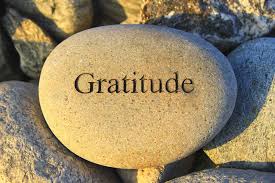
At the start of every day think of 3 – 5 things for which you are grateful. It can be a simple as having three meals a day while 50% of the world’s population are starving, clean drinking water, a comfortable bed. There is a direct link between gratitude and good mental wellbeing.ng reflection at the end of the day to process what has happened during the day, what moments were difficult, what worked, what did not work and your own emotions to challenging situations. What are your “hot buttons”? How can you better manage these?
- Reframe your perspective
Keeping it real is not easy. Knowing it sucks is the first step. Try to redirect your thinking and that of those you lead, away from negative thoughts and to positive opportunities. Over 50% of our thoughts are negative, and only 20% are positive. Work on developing a growth mindset and look for ways to build new paths to” a different normal”. Positivity puts the breaks on negativity. In a heartbeat, negativity can spike your blood pressure, positivity can calm it. Positivity works like a reset button.
Change is an inside job and starts with each of us first, so we need to let go of the fatigue of sameness and challenge ourselves to be better versions of our current selves!
“Yesterday I was clever, so I wanted to change the world. Today I am wise, so I am changing myself.”
Rumi
@avrilhenry
